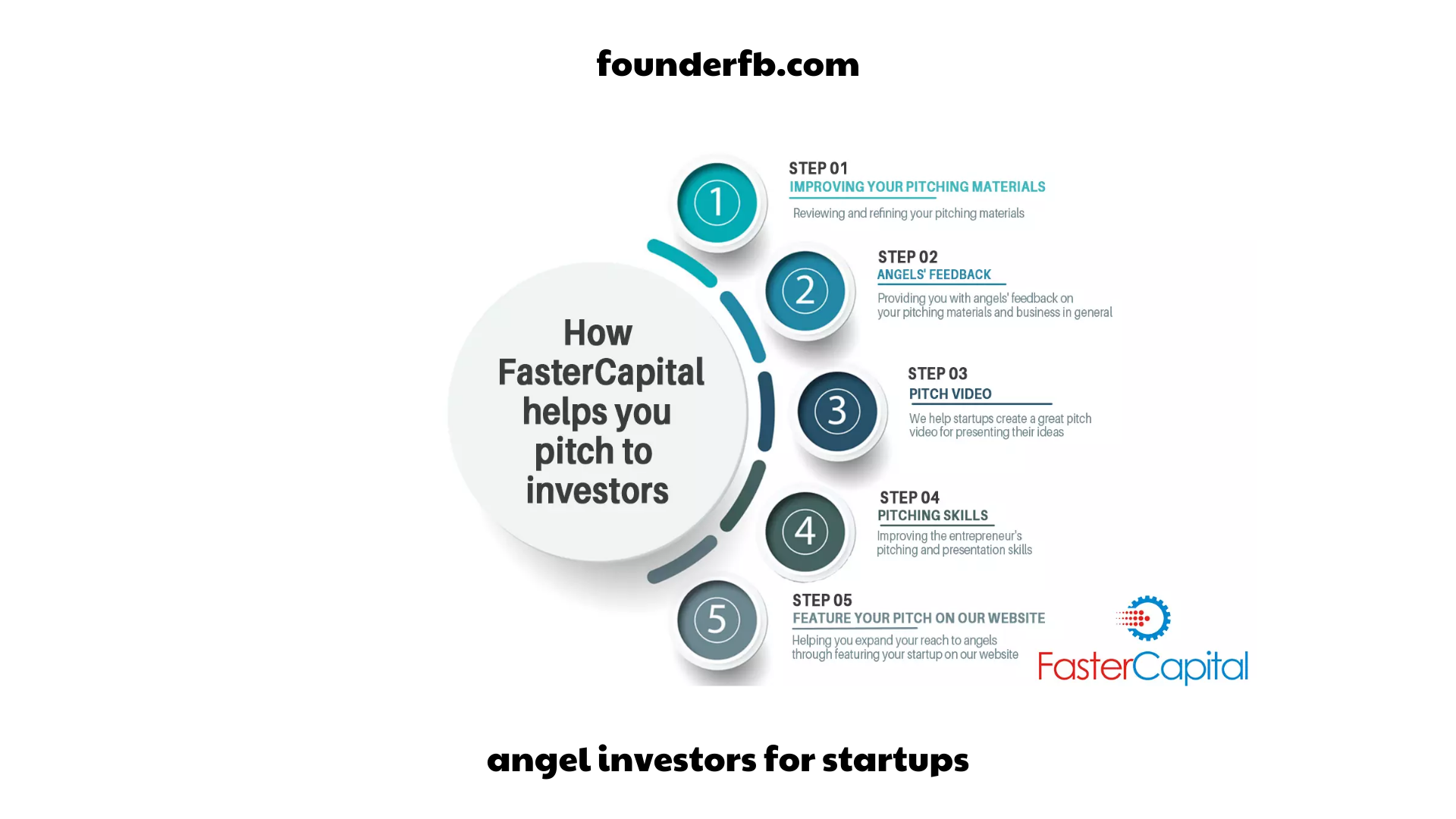Starting a business from scratch can be a daunting task, especially when you have limited capital. However, with determination, creativity, and a willingness to learn, it is possible to turn your ideas into wealth. In this blog post, we will explore the entrepreneurial journey of building a successful business from nothing and the valuable lessons learned along the way.
1. Embrace the Power of Ideas

Every successful business starts with a great idea. It’s important to recognize that ideas are the currency of entrepreneurship. They have the power to transform your life and the lives of others. So, don’t be afraid to dream big and think outside the box.
When you have limited capital, your ideas become even more valuable. They can help you identify unique opportunities and innovative solutions that don’t require a large financial investment. By leveraging your creativity and resourcefulness, you can turn your ideas into a competitive advantage.
2. Start Small, but Think Big
While it may be tempting to go all-in from the beginning, starting small can actually be an advantage. By focusing on a niche market or a specific product/service, you can establish a strong foundation for your business without spreading yourself too thin.
Starting small also allows you to test your ideas, gather feedback, and make necessary adjustments before scaling up. This iterative process not only minimizes the risks associated with limited capital but also helps you build a solid reputation and customer base.
However, while starting small, it’s crucial to think big. Have a clear vision of where you want your business to go and set ambitious goals. This mindset will keep you motivated and drive you to explore new opportunities for growth.
3. Bootstrap and Be Resourceful
When you have limited capital, you have to make the most of what you have. Bootstrapping is the art of building a business with minimal external funding. It requires resourcefulness, creativity, and a willingness to do whatever it takes to make things happen.
Instead of relying on expensive tools or services, look for cost-effective alternatives. For example, instead of renting a physical office space, consider working from home or using a co-working space. Leverage free or low-cost marketing channels like social media, content marketing, and networking to promote your business.
Being resourceful also means tapping into your network and seeking help when needed. Surround yourself with mentors, advisors, and like-minded individuals who can provide guidance, support, and valuable connections.
4. Learn from Failure and Adapt
Failure is an inevitable part of any entrepreneurial journey, especially when you have limited capital. However, instead of viewing failure as a setback, see it as an opportunity to learn and grow.
Take the time to analyze what went wrong and identify areas for improvement. Adapt your strategies and approaches based on the lessons learned. Remember, the ability to pivot and adapt is a valuable skill that can help you navigate the challenges of entrepreneurship.
5. Focus on Adding Value
Regardless of the size of your capital, the key to building a successful business lies in adding value to your customers’ lives. Understand their needs, pain points, and desires, and develop products or services that address those issues.
Focus on building relationships with your customers and providing exceptional customer service. Word-of-mouth referrals and repeat business can be powerful drivers of growth, even without a large marketing budget.
Additionally, continuously seek feedback from your customers and use it to refine your offerings. By consistently adding value and exceeding customer expectations, you can differentiate yourself from the competition and build a loyal customer base.
Conclusion
Building a successful business from nothing with limited capital is challenging, but not impossible. By embracing the power of ideas, starting small but thinking big, bootstrapping, learning from failure, and focusing on adding value, you can turn your entrepreneurial dreams into reality.
Remember, an entrepreneurial journey is not just about the destination; it’s about the lessons learned, the growth experienced, and the impact created. So, embrace the challenges, stay persistent, and keep learning along the way. Your journey from nothing to something will be a testament to your resilience and determination.



